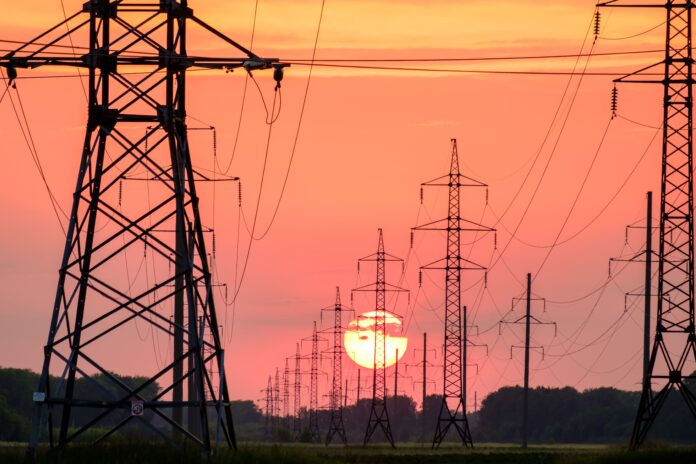With load-shedding predicted to continue into 2023, it may be a time to investigate how to go off the grid, or as far from it as possible. Here are some tips for homeowners to guide the process.
Get an energy audit
Every household has a range of appliances and equipment that use energy of varying amounts at different times. An energy audit will provide an analysis of what is using the most energy and when it is during the day. This data will pinpoint what to focus on.
Very often, water-heating for baths and showers will be the main energy guzzlers in the home, so a solar water heater is advisable. Its size and price will depend on the number of family members in the household. Many systems are available: scan the internet and check the suppliers in your locality for the type and price suitable for your circumstances.
Compare costs and pay-back periods
Also research whether a heat pump would do better for your area. These work well along the coast and in winter rainfall areas like the Cape, with long periods of cloudy weather. Visit this site for a comparison of heat pumps and solar geysers; it also has a schedule with cost and pay-back periods of a typical solar system: https://www.westerncape.gov.za/energy-security-game-changer/install-efficient-water-heater-or-heat-pump
If showers are popular, consider a gas-fired water heater unit. These make hot water available almost immediately when turning on the tap, so less water is wasted. Gas-fired water heater units are handy for the kitchen when hot water is needed on and off for food preparation and washing up.
Cooking with gas
A gas stove ensures that regardless of Eskom’s ups and downs, there will always be hot meals available, whether cooked in the oven or in pots on the plates. It’s also the preferred choice of chefs because gas heat control is more responsive than an electric stove.
Power for computers, screens, sound and lighting is where solar photovoltaic (PV) energy comes in.
How many solar PV cells are required will be determined by a couple of factors. The energy audit will indicate how much PV power should be allocated for non-heating energy. The size of roof space available on the north-facing side of the house will verify how many PV cells can be installed.
For night time use and during lead-shedding, batteries will be needed to store solar energy, as will an inverter to switch power coming through the PV cells from direct current (DC) into alternating current (AC) for domestic use.
Register your system
Solar PV systems must be registered with the local electricity provider – municipality or Eskom – and the solar system contractor will usually handle the necessary paperwork to get this done correctly.
Depending on the size of the house and the number of occupants, going off the grid can be expensive. However some of the major banks offer finance for renewables installations, so it’s worth enquiring whether yours does. Businesses can get a 28% rebate on the cost of a solar system, so if you work from home, this may be an avenue to pursue.
Electricity prices are set to increase steadily over the years and load shedding does not seem to be going away in a hurry. An investment in renewable energy can pay itself back in five to ten years. This and the assurance of uninterrupted power can make the time and money invested, well worthwhile.
- Hugh Tyrrell is an independent sustainability consultant and writer at www.greenedge.co.za


